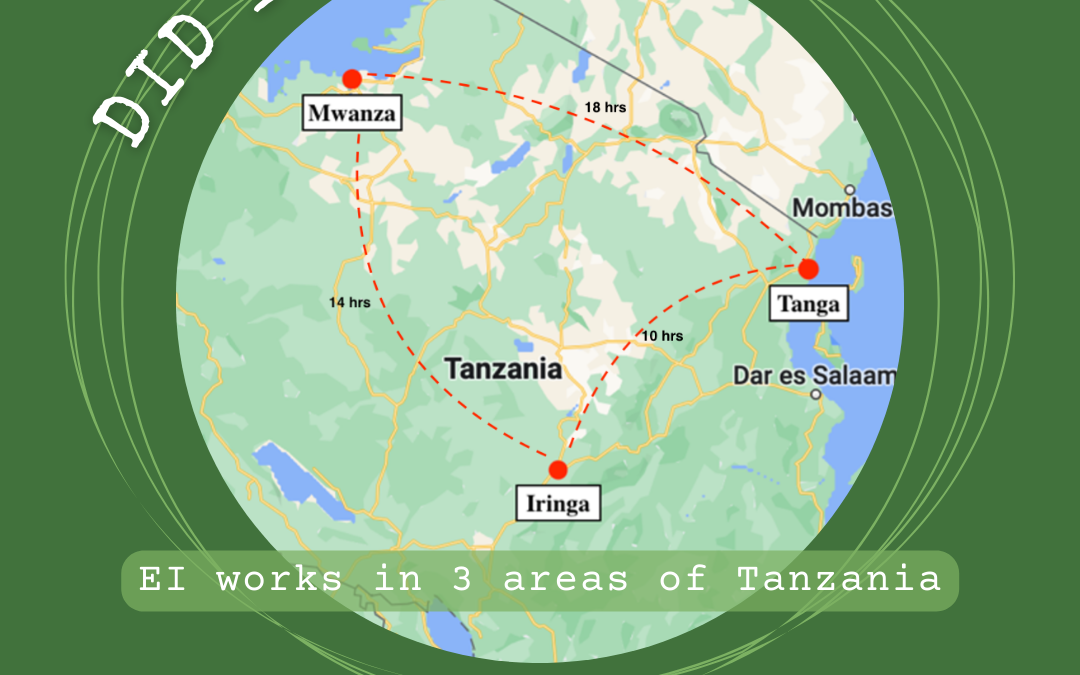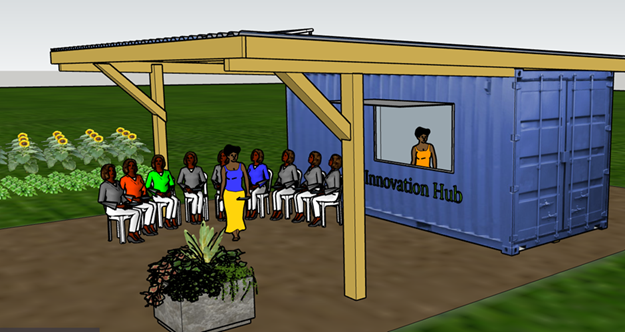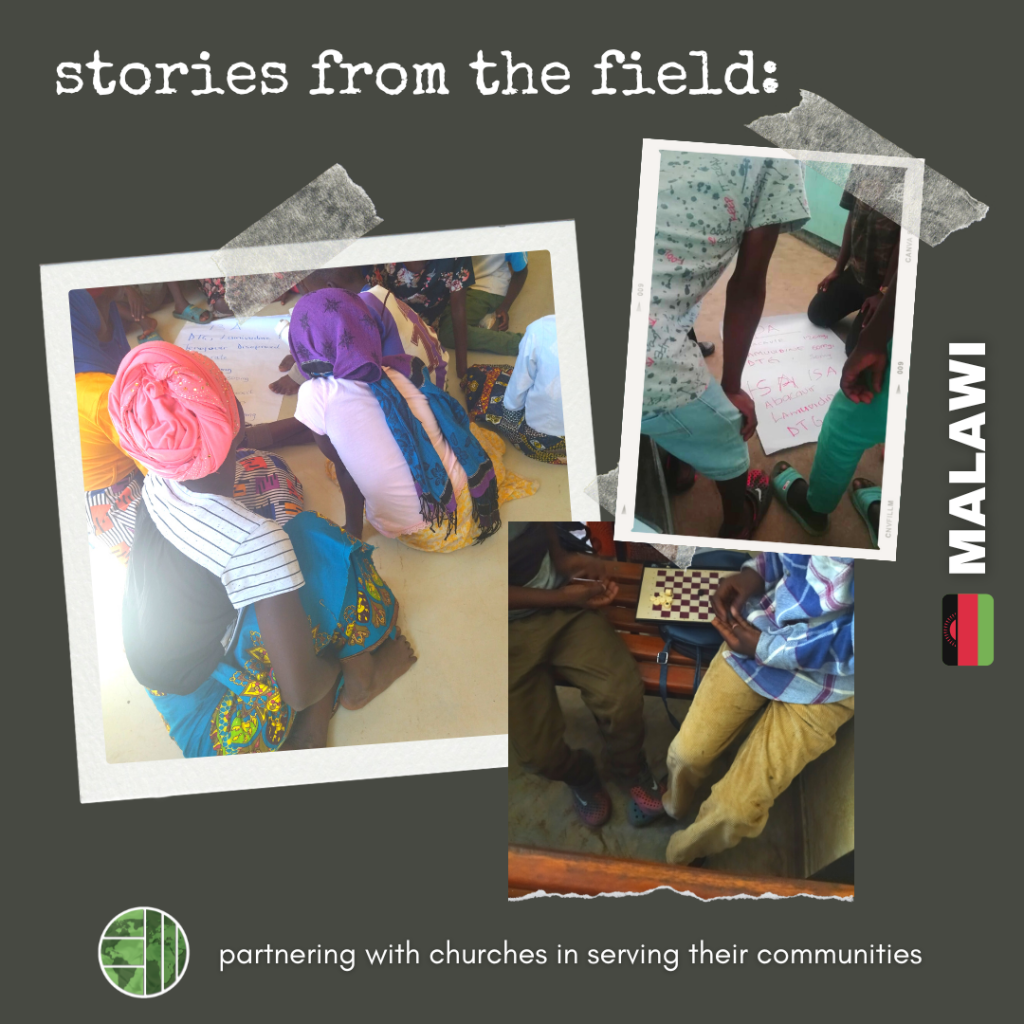Emmanuel International Tanzania (EITZ) is present in 3 regions of the country, Mwanza, Iringa, and their newest, Tanga. These regions have very different cultures and climates, which affect the ways in which projects are implemented.
One key difference is in the tribes of each region. Tanzania is a big country with many different tribes and people groups, with each one having a set of traditions and practices. For example, the Tanga region is largely made up of the Maasai tribe, who practice Islam. People of this tribe are more reluctant to accept Christianity than the Sukuma tribe in Mwanza. This makes some aspects of EITZ’s work more challenging.
Climate and geographical landscape also play a large role in the implementation of projects in the agricultural sector, which is one of the country’s larger focuses. In Iringa, there is only one rainy season throughout the year. This means that if farmers are unable to produce a good harvest during this season, they are then finished for the year. However, in Mwanza there are two rainy seasons. The second rain season acts as insurance for the farmers to make a substantial harvest. This affects the nature in which agriculture projects are created and implemented.
EITZ does not create one and done solutions. They work with the culture and climate to develop projects that are specific to each region/community they are for to create sustainable development.
One key difference is in the tribes of each region. Tanzania is a big country with many different tribes and people groups, with each one having a set of traditions and practices. For example, the Tanga region is largely made up of the Maasai tribe, who practice Islam. People of this tribe are more reluctant to accept Christianity than the Sukuma tribe in Mwanza. This makes some aspects of EITZ’s work more challenging.
Climate and geographical landscape also play a large role in the implementation of projects in the agricultural sector, which is one of the country’s larger focuses. In Iringa, there is only one rainy season throughout the year. This means that if farmers are unable to produce a good harvest during this season, they are then finished for the year. However, in Mwanza there are two rainy seasons. The second rain season acts as insurance for the farmers to make a substantial harvest. This affects the nature in which agriculture projects are created and implemented.
EITZ does not create one and done solutions. They work with the culture and climate to develop projects that are specific to each region/community they are for to create sustainable development.




Leave a comment
This site is protected by hCaptcha and the hCaptcha Privacy Policy and Terms of Service apply.